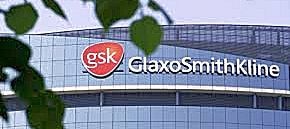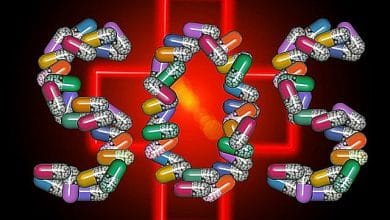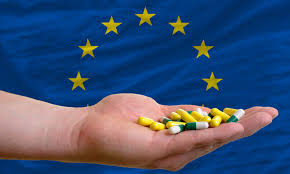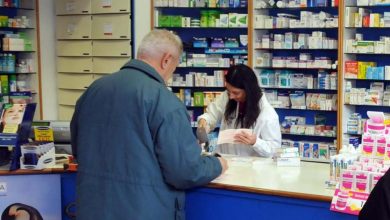
Quick swabs in parapharmacy, the decision of the Consulta
The law for everyone - July 8, 2022 - by Giordana Liliana Monti
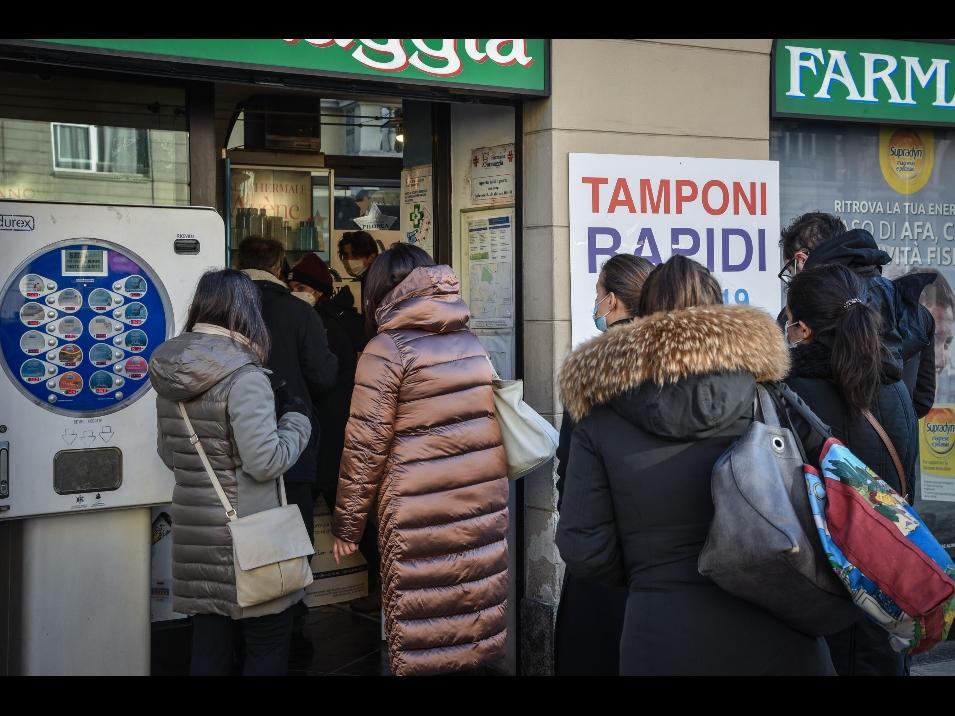 The Constitutional Court has spoken: the legislative choice that denies parapharmacies the possibility of carrying out rapid antigenic swabs is reasonable.
The Constitutional Court has spoken: the legislative choice that denies parapharmacies the possibility of carrying out rapid antigenic swabs is reasonable.
Parapharmacies yes, parapharmacies no: the waltz on the powers granted to them, after more than two years of the pandemic, has perhaps finally found the final step it has been waiting for for some time. After the months in which to make yourself a swab expected even long hours outside the authorized structures (let us remember the havoc this winter), the request was that even the parapharmacies – within which at least one pharmacist necessarily works – could carry out these very simple tests (so simple that even ordinary citizens can do them independently to find out if they are positive for Covid). Now, finally, the Consulta has expressed itself, and the answer was a resounding no. A decision linked not so much to the difficulty in carrying out a swab – which is, in fact, practically nothing – but to the possibility of parapharmacies to process the sensitive data collected through the tests.
Furthermore, according to what was affirmed today by the constitutional judges, the decision to allow only pharmacies, and not also parapharmacies, to carry out rapid antigenic swabs and serological tests falls into the sphere of legislative discretion and it's not an unreasonable choice. For this reason, the Court considered the questions raised by the Marche Tar on article 1, paragraphs 418 and 419, of law no. 178 of 2020, with reference to articles 3 and 41 of the Constitution.
The Consulta explained that, although the presence of qualified pharmacists must be ensured in both, between parapharmacies − which are commercial establishments − and pharmacies − which fall within the ambit of the National Health Service − remain significant differences, which prevent us from affirming that we are faced with identical legal situations, deserving of the same regulatory treatment.
To deal with the spread of Covid-19, it was necessary to provide new health services throughout the country: the decision to entrust them to pharmacies, and not also to parapharmacies, is based on the inclusion of pharmacies in the organization of the NHS and therefore on the their authorization to process the sensitive data collected and transmit them to the health authorities, through the information and telematic systems already in use. A choice that the Constitutional Court has deemed reasonable and acceptable.
Sent. 171/2022 – Pres. AMATO, Rel. PATRONI GRIFFI
Communications and Press Office of the Constitutional Court
Editor's note: The sentence of the Constitutional Court gives rise to a doubt. Does a specialist doctor who carries out his profession privately, who is therefore not part of the NHS, carry out a commercial activity?
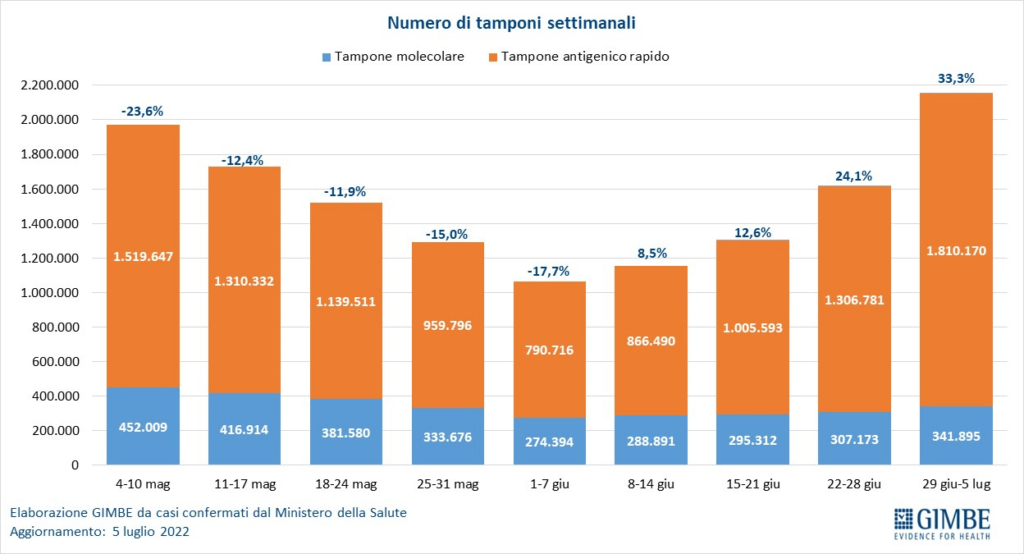
Note:
Some numbers
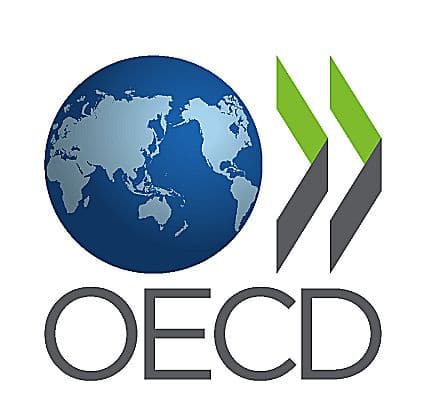 Second the OECD, the international body with the most detailed statistics on the world of health, those with the qualification to work as a pharmacist in Italy are 99,084, data from 2020.
Second the OECD, the international body with the most detailed statistics on the world of health, those with the qualification to work as a pharmacist in Italy are 99,084, data from 2020.
The OECD itself favors the number of practicing pharmacists, those who actually practice the profession which are about 75 thousand (out of 99,084 qualified pharmacists, data from 2020). Many pharmacy or CTF graduates work as ISFs.
The number of pharmacies in Italy is 19,331; one for every 3,129 inhabitants. There are 17,565 private pharmacies. The number of para-pharmacies is 6,584, but those actually operating at the end of 2021 would be around 4,110.
To understand the salary of a titular pharmacist in Italy, one must look at the data on the ISA (Synthetic Reliability Indices), or rather the former sector studies.
According to the Revenue Agency, which collects them, the average turnover of a pharmacy is one million and 161 thousand euros, and the business income is 127,400. Naturally these numbers can vary a lot based on the location and the entrepreneurial choices that are made, but this means that an owner, based on how much he wants to keep the profits made for himself, can have a salary of up to 10 thousand euros a month after taxes.
Employee pharmacists classified at the first level, the one in which collaborating pharmacists are usually employed, earn 1,996.97 euros gross per month under the new pharmaceutical collective bargaining agreement, against 1,836 for those employed in a rural private pharmacy and 1,889.97 for those employed in an urban pharmacy. In fact, national contracts distinguish, in the case of private employees, on the basis of geographical location, favoring those who work in activities located in the city. Obviously we are not talking about the pharmacists hired as precarious workers.
Of course, the remuneration then increases on the basis of seniority and secondary bargaining. Based on the reports on the sites that deal with mid-career wages, on average 1,560 euros are received net per month, which rises to 1,600 after 10-20 years of work, and to 1,830 before retiring. Clearly, these are data that refer to those who work as full-time pharmacists, and who therefore earn more money than a part-time pharmacist earns. Who, however, receives, with half the hours, a little more than half the salary of his full-time colleague, according to the pharmaceutical chemical collective bargaining agreement. (Source OECD).
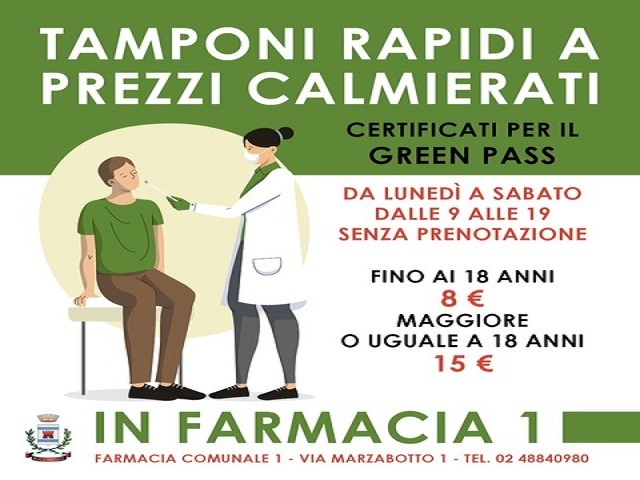 For citizens, the rapid swab valid for the Green Pass costs 15 euros; the unknown factor remains the profit margin of pharmacies. According to Today, the expenditure that citizens support for tampons carried out in Italy fluctuates between 5 and 7.5 million euros per day.
For citizens, the rapid swab valid for the Green Pass costs 15 euros; the unknown factor remains the profit margin of pharmacies. According to Today, the expenditure that citizens support for tampons carried out in Italy fluctuates between 5 and 7.5 million euros per day.
Pharmaceutical distributors make agreements with intermediaries who then sell the tests at a price between 2.5 and 3 euros. So, as a next step, let's say that pharmacies, depending on the type of tampon, spend 3.5-4 euros per tampon. The waste is the compensation of the distributors. Il Giorno reports that the cost of the pharmacist's work is estimated at around 5 euros for 10 minutes of patient care, bringing the cost to around 10 euros per tampon. the net margin is therefore 5 euros per service. To these must be added sunk costs such as gloves, a mask and disposable gowns for around 2 euros.
Furthermore, an additional remuneration of no less than 2 euros gross for each anti-Covid vaccination carried out, or, alternatively, a lump sum allowance of 200 euros per year for those involved in the vaccination campaign has been introduced by the National Collective Labor Agreement.
An increase in supplementary healthcare benefits was also introduced for employees, for a gross value of 13 euros per month. (Source Money)
Related news: Special pharmacies, the national collective labor agreement has been renewed
Swabs and tests only in the pharmacy, the satisfaction of Federfarma

